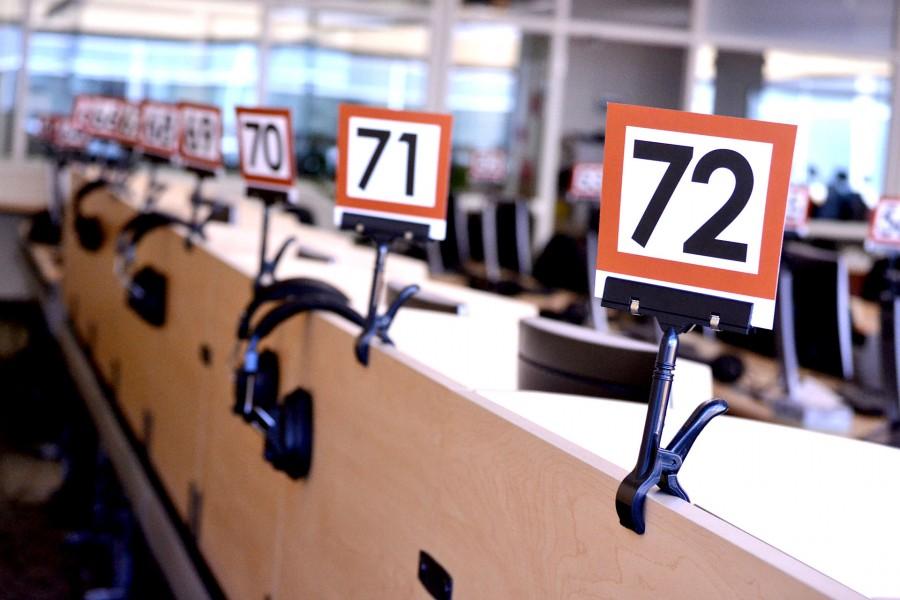New placement tests provide fresh opportunity for returning students
February 10, 2016
In the past, College of DuPage students have only been able to take the Compass placement test once. A follow-up test has also been offered, but students have been limited to the retake within a few weeks of completing the first test. For new and returning students, that’s going to change.
College of DuPage is following in the footsteps of ACT, the national testing company, and will stop offering Compass tests beginning in Fall 2016. The placement test will be tentatively replaced by ACCUPLACER and ALEKS, similar systems that promote student success.
COD administers roughly 27,000 Compass tests each year spanning over the categories of Writing, Math, Reading and English as a Second Language (ESL.) Because of COD’s dependence on the Compass exams, the college formed the Placement Task Force to address the necessary next steps.
According to Sheldon Walcher, associate dean of English and academic ESL and task force member, the task force is working on the specifics in order to make success more achievable to students.
“Some of these details are still being finalized, but generally speaking, many of the new policies that have been discussed are more generous than our previous practices,” said Walcher. “For example, in the past students could only take a given Compass test twice within a two year period. Under the new systems, students will be given more opportunities to retake their placement tests, and more frequently.”
The task force has yet to finalize details specifying how many times a given test can be retaken. While this change may not directly affect incoming students, it provides opportunity for returning COD students to increase their placement test scores, no matter when they took the Compass test.
“If you took the Compass in the past and you don’t feel your scores are an accurate reflection of your abilities, you’ll be welcome to take the placement tests again in the new system, and whatever scores are highest, you will be able to use,” said Walcher. “If you took the Compass in the past year or so and you want to use these scores, you won’t have to take the new placement tests.”
Walcher explained that both ACCUPLACER and ALEKS are designed with student success in mind. ACCUPLACER is a more accurate test, similar to Compass.
“In the case of ACCUPLACER, one of the big differences from Compass is that each subcomponent is fixed-length, meaning that test-takers are given a set number of questions in each area, but the system adapts the level and complexity of each question based on how users answered the previous question,” said Walcher. “What this means is that while the test may actually take students less time to complete, the results will actually be more accurate.”
ALEKS is also beneficial to students. The math exam is designed as a learning tool as well as a placement test. Those who take ALEKS will receive access to an online learning community upon completion of the test. There, they will be able to work on areas that lowered their scores. After using the tool however the student feels fit, they will be allowed to take the test again.
The Task Force is working quickly to offer ACCUPLACER and ALEKS by mid-April. Though the first step has been taken, Walcher expects the force’s work to continue.
“One of the things the task force has been examining closely is whether the policies and procedures that were used in the past have really been the most effective,” said Walcher. “And even as we transition to these new systems, the task force will continue to evaluate our policies, and will make adjustments and improvements as needed. Even though we are having to move to develop a new placement system quickly due to circumstances, this will be a long and ongoing process for months and years to come.”


















